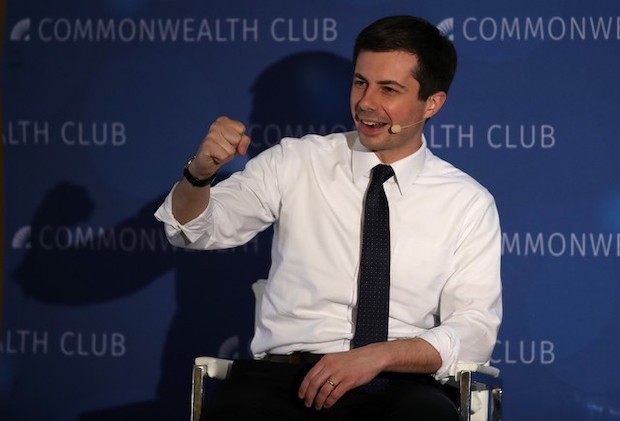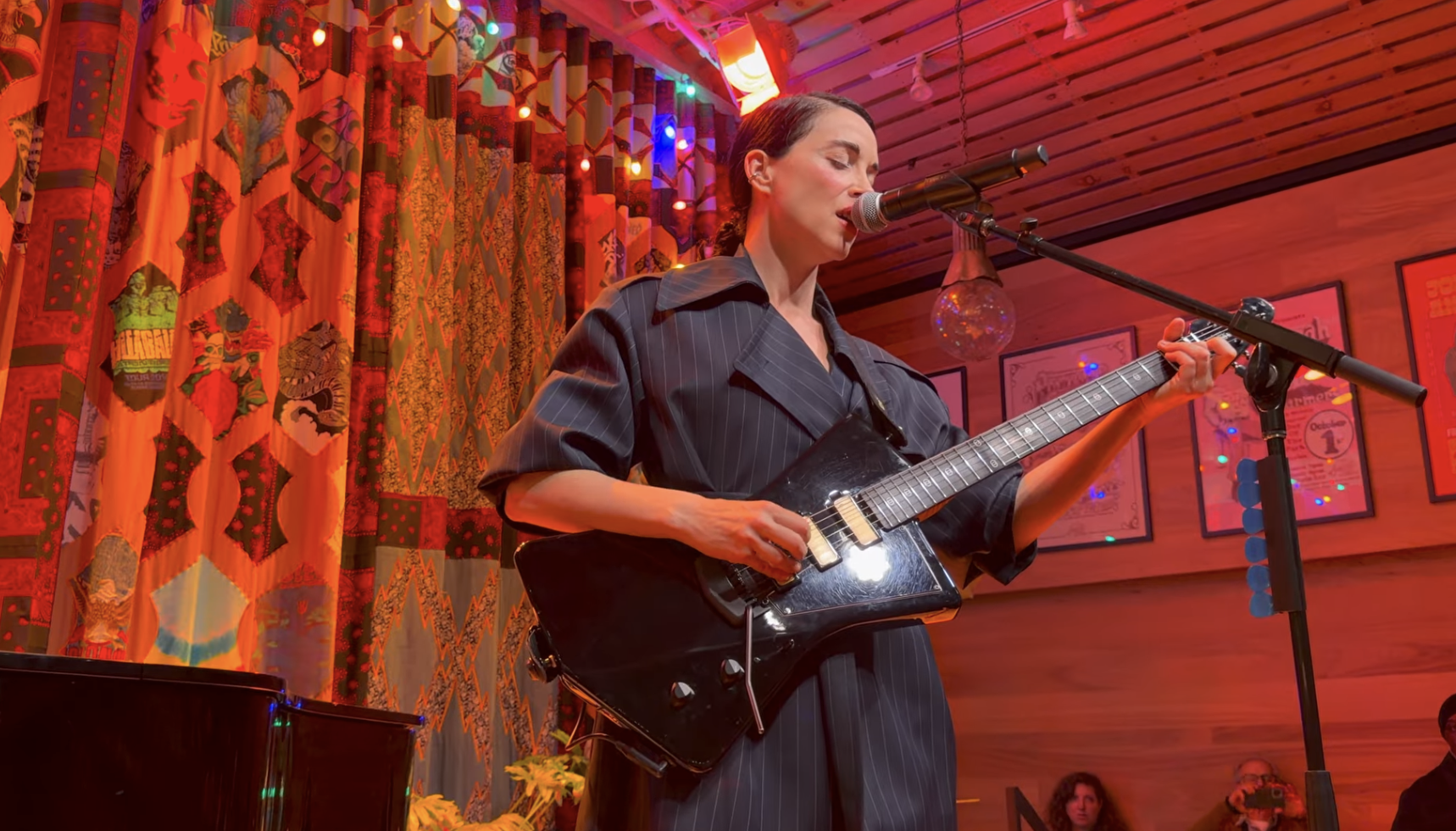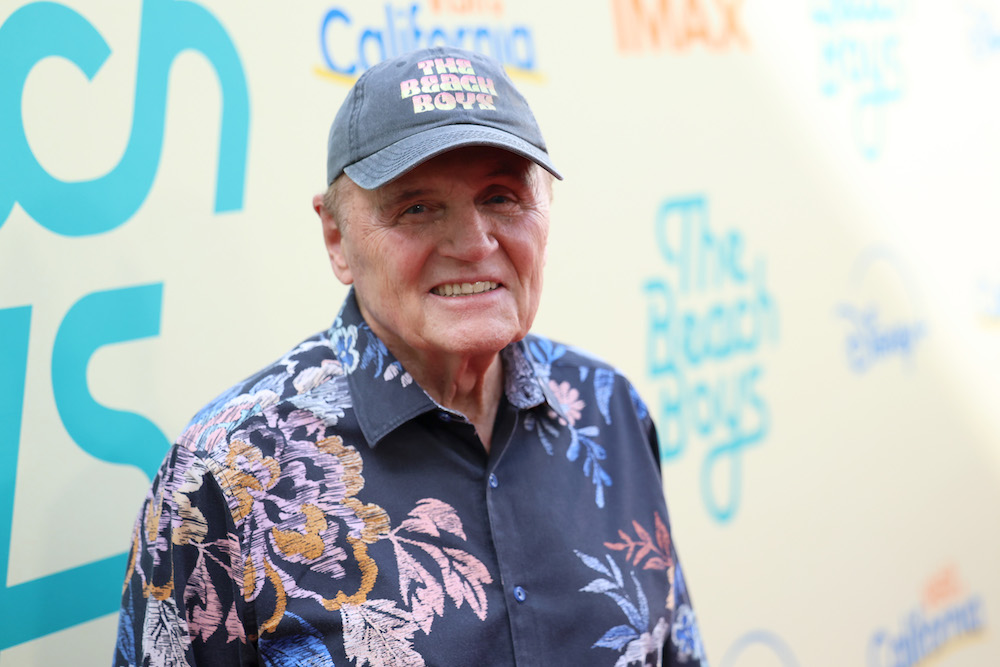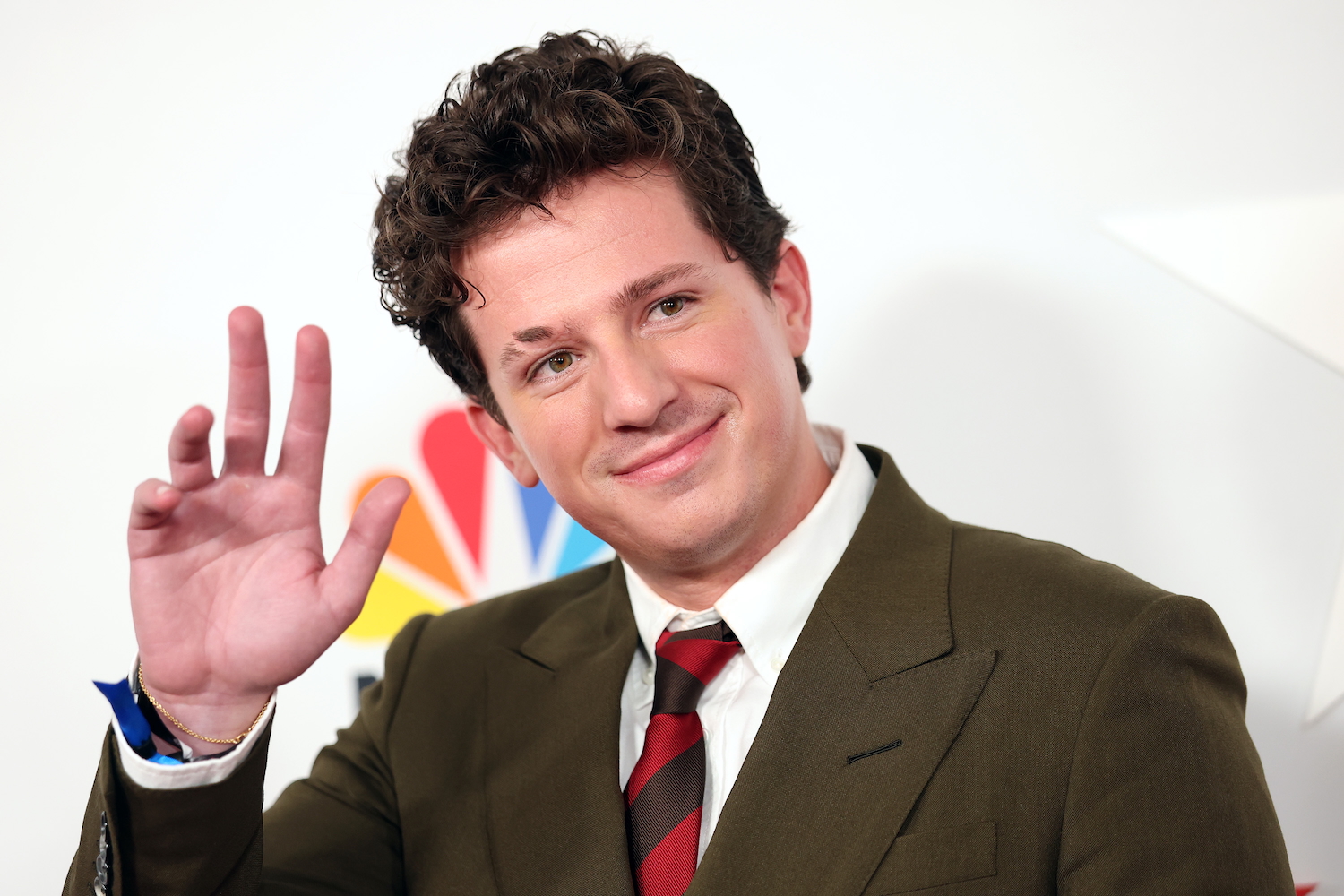Cambridge, Massachusetts, sometime in the early 2000s: the spring sun is high, the scent of dirty water wafts in from the Charles, the year is coming to a close, and the students are ready to party. A fresh-faced kid from Indiana sits by himself on the quad, deep in thought. Music is always regarded as an index of the times, he thinks to himself. And indeed, there are some lessons in even a casual overview of what has happened to campus music trends just in the last few years. He looks at his neighbor, noticing with a pang of envy that they've got one of those brand new iPods, and wonders for a moment what they might be listening to. Could it be Dave Matthews Band, whose honkin' funky tunes passed like a breeze through his carefree early days at the university? He sees the iPod screen and realizes he's kidding himself, wrapped up in nostalgia. Everyone at Harvard these days is listening to Radiohead.
This is the scene, with some creative liberties taken, described in a 2003 Harvard Crimson article headlined "Rock the Vote?" Its cryptic subtitle is "Liberal Art," and its byline is "Peter P.M. Buttigieg." Over the last two days, several journalist -- —I believe the first was Joshua Benton of Harvard's own Neiman Journalism Lab -- have taken note of the South Bend mayor and Democratic presidential contender's college newspaper writing, and the aforementioned piece in particular. In it, the future Mayor Pete discusses the difference between Dave ("hopeful") and Radiohead ("unwell"), using them as guideposts in his diagnosis of a sort of cultural malaise on campus. You don't really know where he's going with it, until you get to the fifth paragraph or so. That's when you realize that this essay about DMB is in fact an essay about ... 9/11:
Then all hell broke loose. Just as we were adjusting to the fact that our country could function even if the president didn't completely know what he was doing, a team of Saudis with box cutters torpedoed our innocence. Right then, like our cell phones, our culture stopped working for a minute. What sense could the old Dave Matthews make when Dave Letterman was weeping on air? For one long winter, no one knew what the hell to do, except to vow that we would never be the same.
And that's when people started listening to Thom Yorke's sad songs:
One summer later, it seemed everyone on campus was listening to Radiohead. The band's tone of alienation and danger—more than one reviewer has found the word "unwell" an apt term for their feel—touched a nerve in America, which speaks volumes about how quickly things changed. The band's frontman, Thom Yorke, admits puzzlement at why they continue to catch on, telling a reporter he's "never been able to understand why so many people get it." But given the temperature of the times, it should surprise no one that their dyspeptic experimentation is popular. We, too, are nationally unwell.
This is grade-A college newspaper stuff: the willingness to really go for the big idea, the unironic deployment of "American Zeitgeist" as a proper noun in the middle of an unnecessary tangent about Marilyn Manson. The piece is hilarious, but it's also not bad for what it is: It's well-written, and the thesis isn't entirely off-base. It's probably better than a lot of what's tucked away in the archives of those of us who write about music professionally. It's just that Mayor Pete is ambitious enough to make himself the center of national attention, and unlucky enough to have attended a university that archives its student newspaper articles online. Read the whole thing here.
This article originally appeared on Spin.






